As a professional residential remodeler, I feel that it is my job to ensure that all of the other remodelers are playing by the same set of rules. So when I see a project that requires proper permits to accomplish, naturally I get nosy. It is not that I am the only one that is qualified to do the work, but there are folks that have no business doing intricate structural projects, or those jobs in the historic district, without the proper approvals.
That being said, I noticed a fairly involved remodeling project occurring in the neighborhood without a sign indicating that it might be another remodeler attempting to do a project “under the radar” so to speak. Of course, I checked to make sure that a permit was taken out. I noticed several trucks with out of county license plates, so I figured it was just a couple of friends doing the work. To my surprise, there was a permit. The project involved bearing walls and a rather substantial addition on a pre 1978 home. When I asked which contractor was doing the work, it became obvious what was happening.
The home owner had taken out the permit. Stunned, I got to thinking: in whose best interest is it to have the home owner take out the permit?
This is not the typical situation That we have seen over the years, where a “trunk slammer” handyman that gets the work for cheap and never even gets a permit. This is a new twist and a seriously disturbing case. First off, it minimizes the importance of the remodeling profession. It also opens up the home owner to a boatload of potential problems that I am sure are underappreciated by all parties.
Just because you can doesn’t mean you should.
- Can you represent yourself in a court of law? Yup. Is it a wise move? Who knows? If you win, you might say so.
- Can you read about how to surgically remove an appendix? Are you prohibited from taking your own out? Nope, Is it a wise move? I suppose if you survive without complications you would save a bunch of money.
- Take home birth, however. What could go wrong? It is a game of odds, I suppose. I have delivered lots of healthy babies, and there were minor complications, that I dealt with. Despite that fact, I chose to not take a chance on my own children.
So why not remodel your own home?
BENEFIT
-
You get to save a few bucks, because there is no markup on materials or labor.
- You are ultimately responsibility or the quality of the project yourself.
- You have no one else to blame if something goes wrong.
- Everyone is an hourly laborer, so you can yell at them when they go to the bathroom for too long or are taking excessive cigarette breaks.
- You can fire the lazy ones and just hire other people when you want.
- The permit cost is the same whether you are a contractor or home owner
- It may have taken longer, but getting an architect to draw the the plans will be comparable.
- Your time getting the permit is free. Or is it?
- You as a home owner are not responsible for doing LSWP (lead safe work practices) and can easily con some guys into taking the risk.
PITFALLS
In a recent case, I took over for an owner that had hired a masonry contractor who was working beyond his capabilities and was about to do something that made no sense to the owner. He was fired and I was hired to complete the work. There was additional cost involved and a wasted several weeks not to mention the confrontation and the anxiety.
- The home owner most likely had no lead testing done. Odds are that the home that is leaded will be remodeled the old fashioned way and poisoning the family and workers will be a crap shoot.
- This does not exempt the workers from being responsible for taking all the same lead safe work practices that I have to take. If there is any compensation, you must be a lead safe firm and have at least one lead safe certified worker as well as document the lead safe work practices and do clean verification.
- There is no general contractor, so they most likely just hired some guys that build homes to come do the work for an hourly wage.
- One of my clients had a heart attack doing this (fortunately it was a small one)
- There is no contract so if anything goes wrong there is a enormous liability to the owner.
- There is no schedule, so it is anyone’s guess as to what is happening. There is a fairly steep learning curve as to when required inspections are due, but with some help it can be done. The inspectors are reasonably helpful in this area. It is the ones that don’t have inspections that are at a greater risk.
- Ordering time sensitive materials can be a problem, but with some planning ahead it can be done.
- Once the place is framed in and sheeted anything on the inside can be done be a handful of other subcontractors out of the phone book. And before you know it, you have completed your first remodeling project.
Here is my take on why this is happening: money is tight, so why pay someone like me to do anything? If cost was not an issue, sure, have the work done by a professional.
RISK
Those of you that are risk adverse should not consider this. Here are some of the real life concerns that I have:
- None of the carpenters have workman’s compensation insurance. If one falls from the roof of cuts a hand off. Who are they going to go after?
- Say one of the subcontractors who you pay decides not to pay their concrete bill for instance. Who is going to get the bill?
- Say they cut into a water line and flood your home? Who is responsible for that?
- Say the roof is done, you’ve saved some money, and the guy seemed really nice, but the roof leaks into your nice new room. So you call the roofer and they say it is the framers fault, who is responsible for that?
- Say that a year from now, the addition starts to sink into the earth and the doors don’t fit right anymore.
The point is that I can go on and on. Is the up side of flying under the radar really worth it?



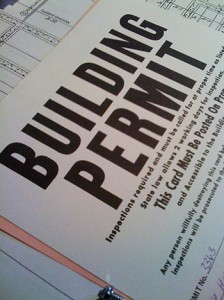
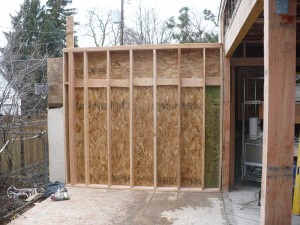



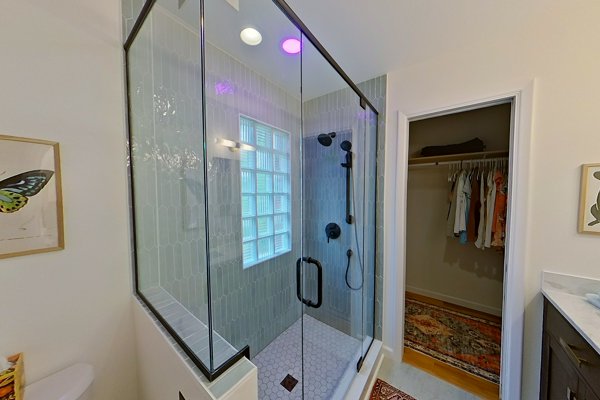
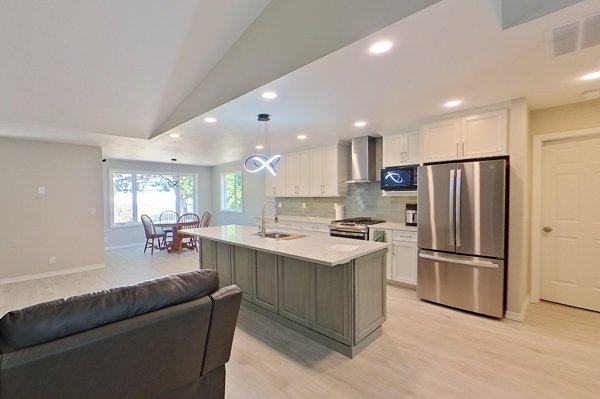
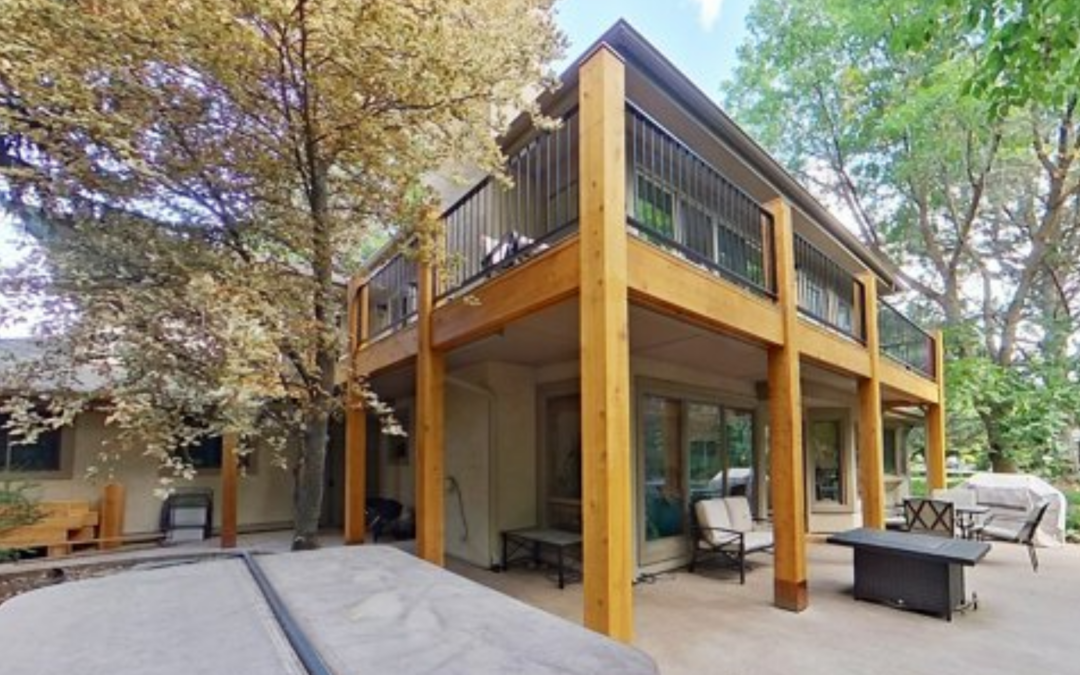

0 Comments